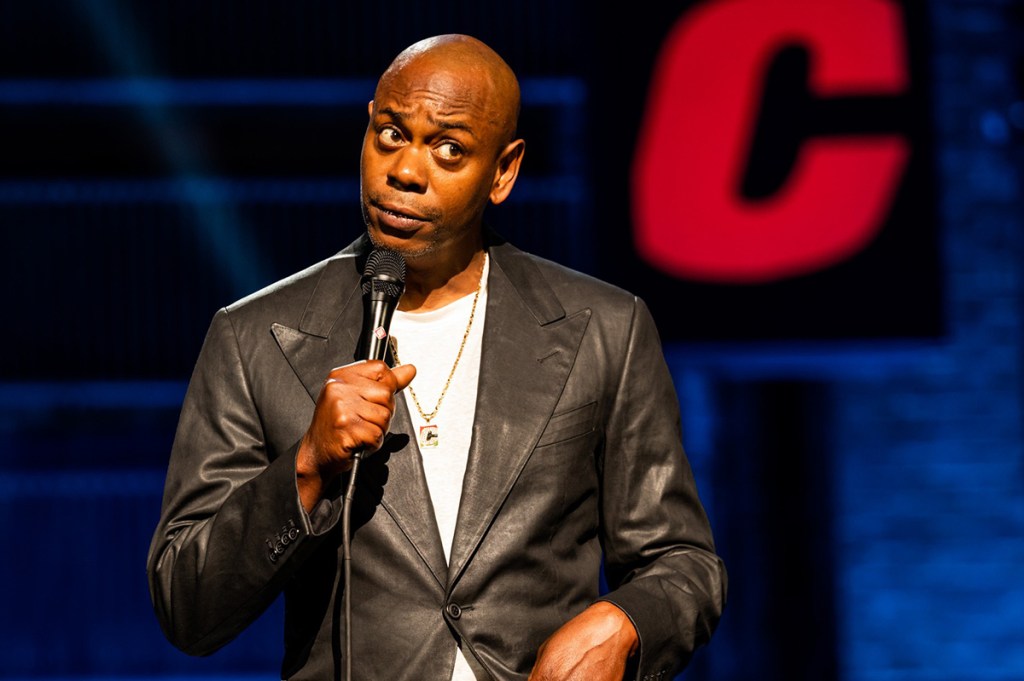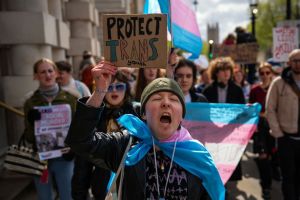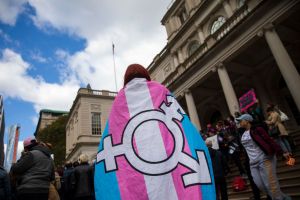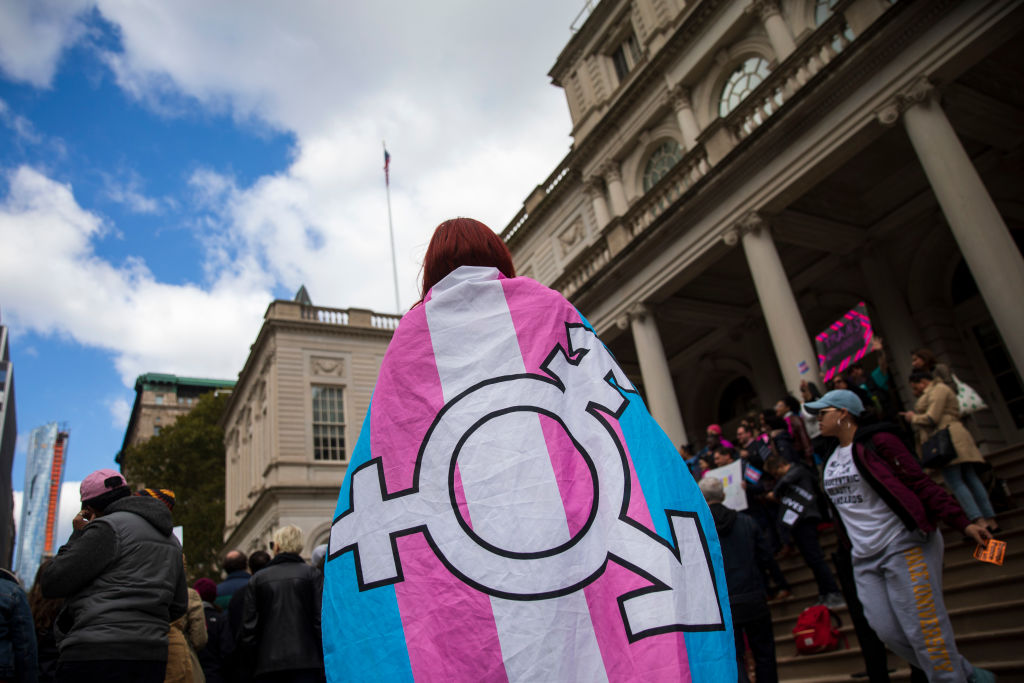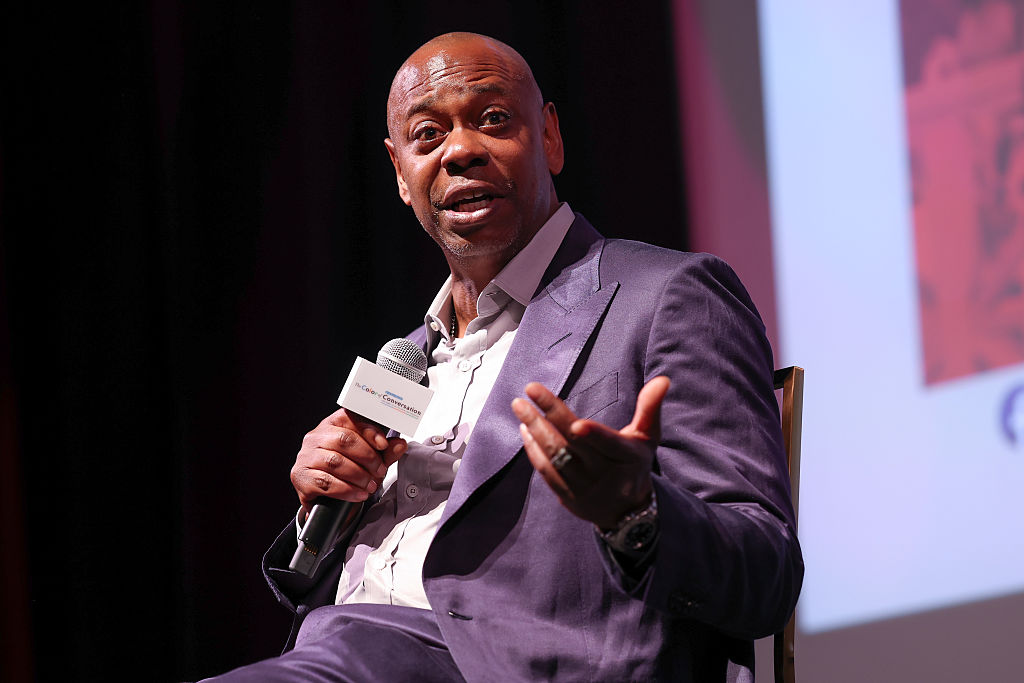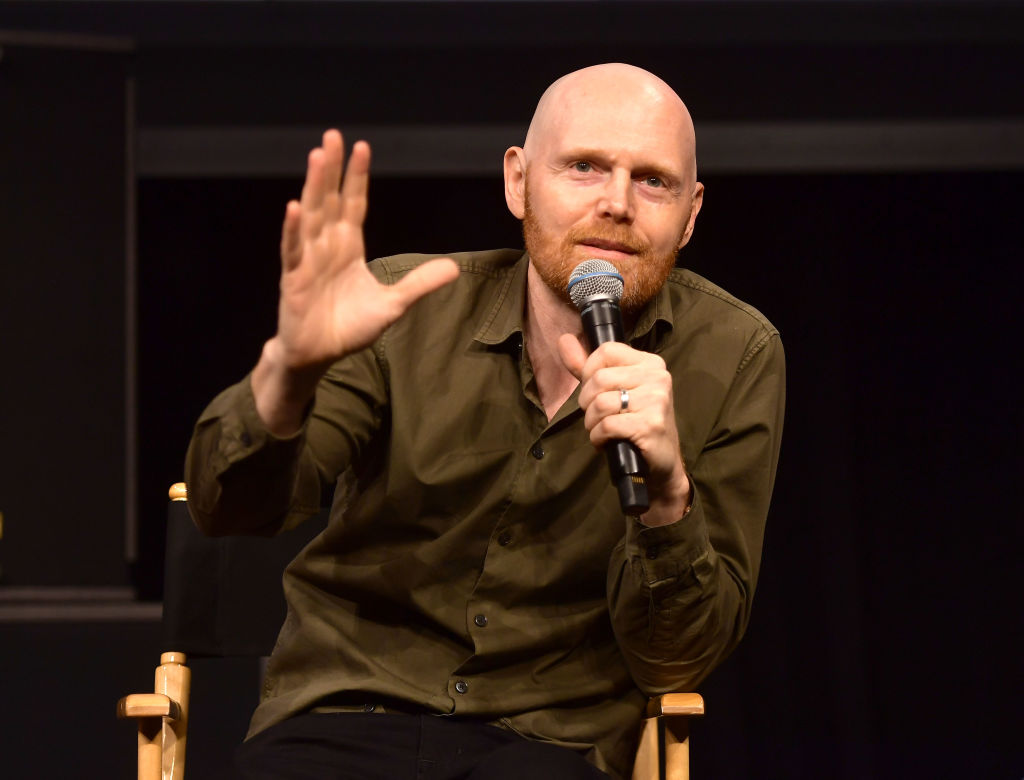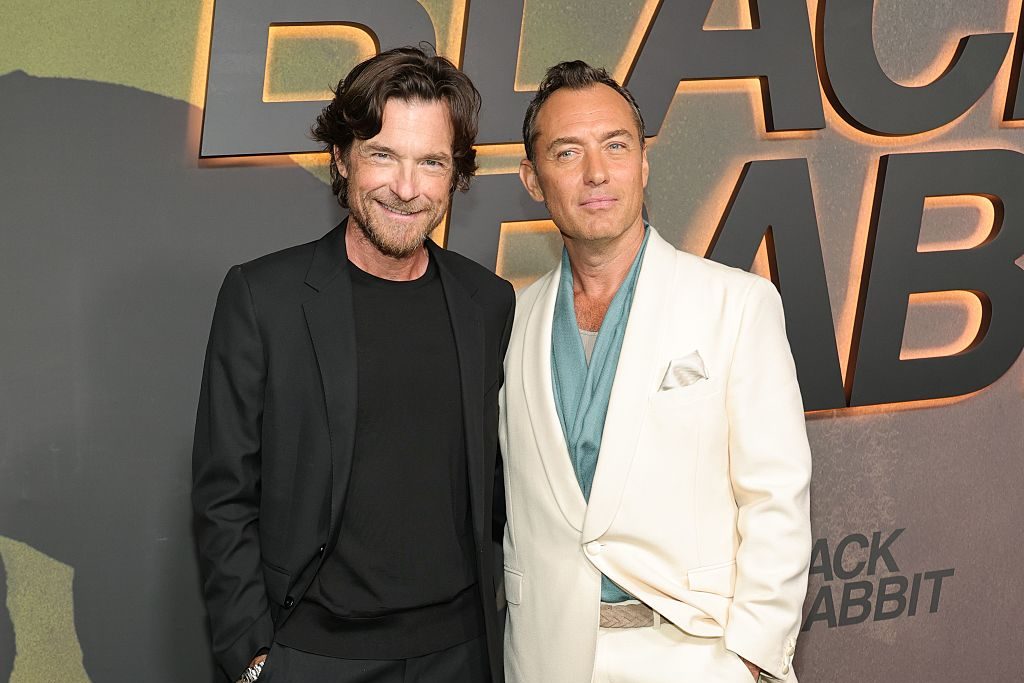Dave Chappelle is a member of a dying breed — a remnant of an age that has been drifting into history. That’s right. Dave Chappelle is a comedian who does not have a podcast.
I do not begrudge comedians their podcasts. (After all, I am a writer with a Substack.) As a comedian who has not blessed us with his every thought and memory, though, Chappelle has maintained his mystique. His specials are events, and his last special, The Closer, is doubly so.
Critics and reporters have been focusing on its allegedly offensive jokes at the expense of trans people. I would like to shove these subjects to one side for a moment and ask the most vital questions. Is it funny? Yes. Is it very funny? No.
Chappelle is a tremendous performer. He is not just charismatic, he is charisma — the physical manifestation of the quality. It’s easy to imagine him strolling into America’s darkest biker bar and having Hell’s Angels hanging off his every word. Sometimes, though, his sheer presence puts a stinker of a joke into a perfume bottle. Can a man be gay and racist, he asks? Yes. ‘Mike Pence.’ Nobody has ever seriously thought that Pence was gay — the former vice president is just unpopular enough that people like the thought of his embarrassment. The joke about the rapper DaBaby being ‘canceled’ for insulting HIV-positive people but not for shooting a man, meanwhile, falls flat if you know that he was cleared of serious charges after successfully claiming that it was in self-defense.
Chappelle has developed the irritating habit — which I associate with lesser stand-up comedians like Ricky Gervais — of emphasizing how transgressive he is being. ‘It’s gonna get worse than that,’ he says after one joke. ‘I’m going all the way,’ he says after another. Chappelle is at least being genuinely provocative, unlike comics who make such claims after referencing genitals or saying that God doesn’t exist, but it still sounds self-satisfied.
Still, comedians should be judged by their best jokes more than their worst. Chappelle’s joke about COVID-19 and racial violence wrings a lot of comedy out of a dark premise while a joke about the pronoun ‘they’ pulls off the improbable feat of finding rich humor in a very stale one. Even incidental lines — ‘What could I possibly be saying that would make these bitches think I hate women?’ — make you laugh when delivered with his warm, self-aware Chappellian charm.
But the subject matter cannot be danced around. Chappelle makes the trans lobby a central theme of The Closer. Why? ‘They want me dead.’ Left-wing critics have asked why his recent work has focused on this subject so much but it seems obvious to me. When he jokes about race, everybody laughs. When he jokes about the trans community, people get mad. His last special Sticks and Stones was simultaneously beloved by audiences and hated by critics. It’s only natural for a comedian to pick at that scab.
Chappelle’s jokes on the subject are often funny. Describing an argument with a trans person, he drawls, with his tongue in his cheek, ‘I was sure to call her a bitch because I didn’t want to blow her cover.’ He has serious intent as well though. Some of it is a bit silly, especially when he tries to play racial issues against trans issues. ‘Why was it easier for Bruce Jenner to change his gender than it is for Cassius Clay to change his name?’ Because that was more than five decades ago. Chappelle also insists that ‘gender is a fact’ when he means sex. (Fact-checking jokes could get preposterous but these are not lines that he delivers humorously.)
Yet Chappelle makes better points, about the futility of denying objective facts, and about how excluding laughter entails the exclusion of humanity. He quotes his friend, the late trans comedian Daphne Dorman, as saying, ‘He doesn’t punch down, he doesn’t punch up, he punches lines.’ This is a mini-manifesto for his work: a celebration of the transcendent power of laughter, which can unite even deeply different and conflicted people. How narrowly that conviction is shared has been illustrated by the furious response to the special. Several Netflix employees have been fired after crashing a meeting to protest the platform broadcasting the special. (Truly, there is something misguided in your thinking if you have a corporate job and want to attend more meetings.) One of them had also taken to Twitter to list the names of trans people who have been murdered as if there is an obvious link between Chappelle’s jokes and those crimes. Quite apart from anything else, in most of the cases listed, no motive is clear. In at least two of them it was reportedly robbery. Still, however unfashionable Chappelle’s conviction is, it is a real one, humming at the heart of his career.
The Closer is not a masterpiece and critics of ‘woke’ culture should not hail it as such on the grounds of its politics — something we disdain when it is done by ‘woke’ people. Still, it is funny and authentic — true to the career of a comedian who, having walked away from tens of millions of dollars at the height of Chappelle’s Show, has little to fear and little to prove.



